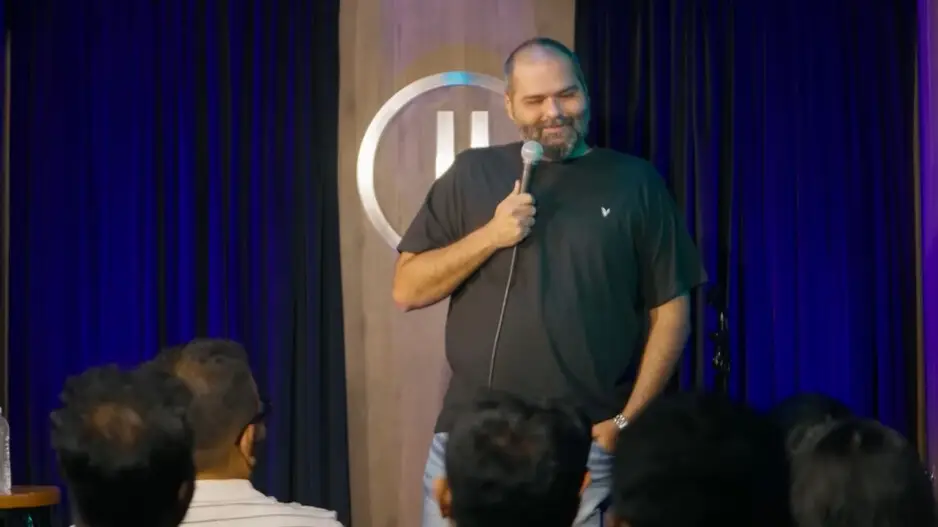/odishatv/media/post_attachments/uploadimage/library/16_9/16_9_0/recent_photo_1708952411.JPG)
Invincible human expertise! Jobs and roles that AI can never replace
Bill Gates, founder of Microsoft and prominent technology expert, has raised concerns about the potential repercussions of Artificial Intelligence (AI) on employment, particularly in the Indian context.
During a recent dialogue on global technological advancements, Gates emphasised that automation might render many jobs redundant in the future.
Professions Resilient to AI
Gates pointed to specific domains such as coding, energy management, and biology as being currently less susceptible to AI's influence. These fields are heavily reliant on problem-solving and creativity, aspects where AI is yet to excel.
AI has found varied applications, from streamlining customer service processes to analysing extensive scientific data, yet it has limitations. Professions requiring emotional intelligence, critical judgement, and creative thinking remain beyond AI's reach.
Roles Unreplaceable by AI
Healthcare - Professions like doctors and nurses are indispensable due to their reliance on empathy and live decision-making—essential for patient interaction. Similarly, teachers not only impart knowledge but also nurture personal development tailored to each student, a skill AI cannot yet emulate.
Legal field - The necessity for human insight in ethical deliberations makes AI only an ancillary tool. Creative industries, reliant on unique human expression and intuition, remain out of AI's domain.
Chefs, too, balance creativity and tradition in culinary arts, an area AI struggles to replicate.
Therapy - For countries like India, where diverse skills and traditional craftsmanship are held in high regard, human involvement is crucial across various professions. Jobs demanding personal connection, such as therapy and social work, hinge on human qualities like empathy and adaptability.
Leadership, defined by inspiration and vision, cannot be replicated by AI's logical frameworks. Moreover, vocational roles, from plumbing to painting, demand skilled human judgement and dexterity, areas where AI's capabilities are limited.
While AI introduces efficiency, it underscores the enduring need for human insight within India's vast employment landscape, advocating for an integrative approach that cherishes both technological advancement and human expertise.
Software engineer seeks divorce after wife ‘demands’ Rs 5000 for physical relationship

Kunal Kamra is a coward and psychopath, alleges Anand Ranganathan; shares reasons

Say no to marriage, kids if you work 70 hours a week: Shark Tank India judge joins debate with bold ‘advice’

US man finds love in Goa after moving to India to escape inflation and start a business

/odishatv/media/agency_attachments/2025/07/18/2025-07-18t114635091z-640x480-otv-eng-sukant-rout-1-2025-07-18-17-16-35.png)

/odishatv/media/media_files/2025/09/22/advertise-with-us-2025-09-22-12-54-26.jpeg)